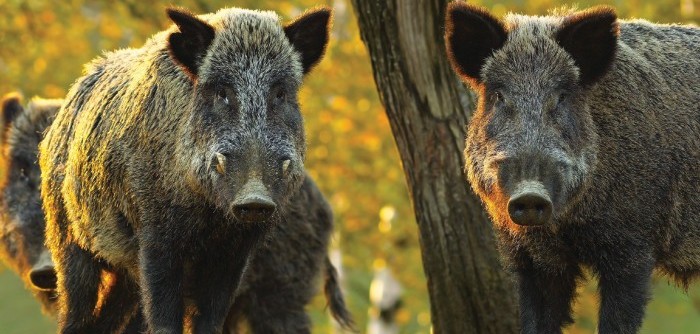A total of 75 wild boar have now been confirmed with African swine fever (ASF) in Belgium.
Wallonia’s Minister of Agriculture, René Collin, said earlier this week that 126 boars had been tested, including 99 found in the 63,000-hectare security perimeter. Crucially, all of the confirmed cases have been found within existing restriction zones. Those found outside the security perimeter all tested negative.
Crucially, there have been no cases in domestic or commercial pigs. A cull of more than 4,000 domestic pigs in the Infected Zone was completed earlier this month.
As a precautionary principle, vets must take three blood samples to test for ASF when signs of ASF or mortality is seen on commercial pig farms in Belgium, according to the latest briefing forwarded to the NPA by ForFarmers’ Andrew Knowles.
Other measures inside the zone include movement restrictions, enhanced biosecurity and surveillance on farms, including no outdoor access or double fencing, testing of wild boar found dead and banning feeding and hunting of wild boar and human movement in the forest.
Measures in place at the national level include a ban on pig gatherings, increased biosecurity and surveillance and ensuring domestic pigs avoid contact with wild boar.
Live exports are not banned as the virus has not yet been found in commercial pigs, but a number of countries have imposed their own export bans. As a result, pig prices in Belgium have fallen and are still lower compared with other countries, although they remain stable at present.
With relatively few significant developments over the past few weeks, there is currently less media attention on ASF in Belgium.




